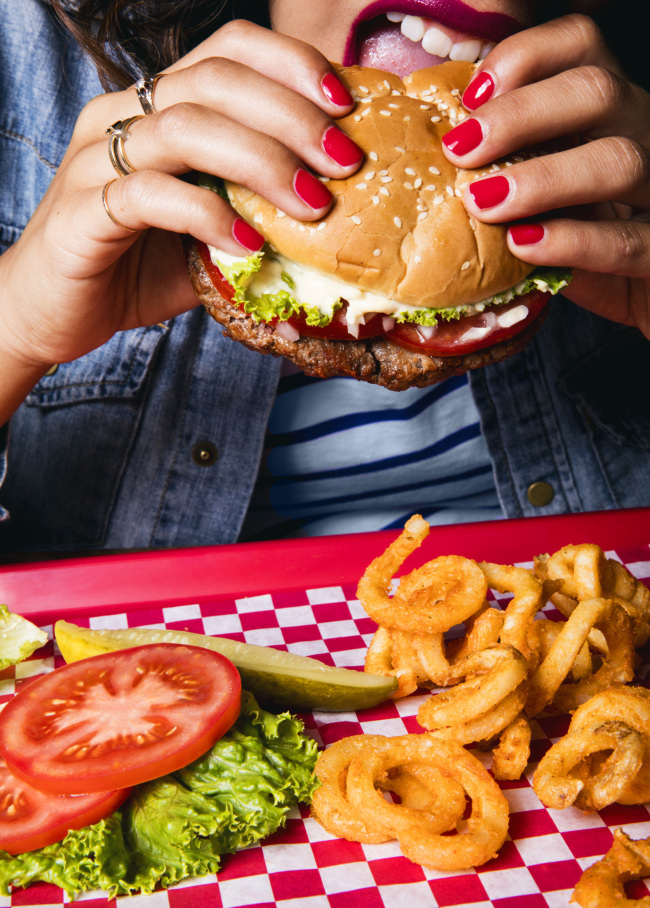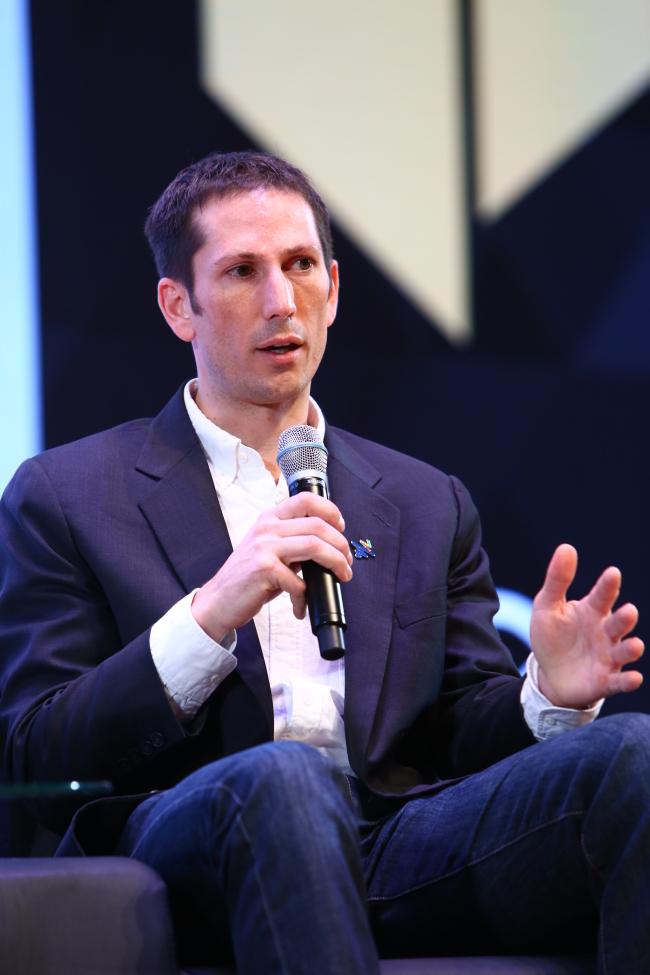Startups
Impossible Foods’ ‘meatless burger’ to arrive in Asia next year
[THE INVESTOR] Impossible Foods, a California-based food startup that makes “meatless burgers,” will make its Asian debut next year, according to its chief strategy officer.
“We are planning to launch in Asia next year,” said Nick Halla, CSO of Impossible Foods, at the food-tech session held at SparkLabs Demoday in Seoul on Dec. 7. “More than 40 percent of the meat today is consumed in Asia and it is one of the fastest growing markets. It is a critical market to hit our mission and we want to start very early.”
 |
Impossible Burger. Impossible Foods |
Based on the mission to “make delicious meat that is good for people and the planet,” the six-year-old startup makes the plant-based Impossible Burger, that is available at around 300 restaurants and gourmet burger outlets across the US such as Umami and Bareburger.
The burger patty is created from potatoes, wheat, coconut oil, water and most important, “heme,” what the firm calls the “magic ingredient.” This protein, which is extracted from soy plant, gives the burger the pink color, the meat-like sizzle and taste.
Even in meat-loving Korea, where many social gatherings evolve around grilling meat, so-called Korean barbecue, Halla is confident of winning over consumers with its environment-conscious choice that tastes “better than real meat.”
“Food is an experience, I’ve had many barbecue’s at my house with Impossible Burgers with friends and neighbors and they said it is amazing,” said Halla, who grew up in a dairy farm.
 |
Nick Halla, CSO of Impossible Foods. SparkLabs |
The firm, which was launched in 2011 by Patrick Brown, biochem professor at Stanford, has raised more than US$180 million from investors including Bill Gates, Li Kashing, Google Ventures and UBS, among others.
It recently launched its first large-scale plant in Oakland, California, which will give a boost to production that could go up to 1 million pounds of plant-based “meat” per month.
“We are just getting started. Our burger patty is just getting better and better,” said Halla, adding the firm -- made up of mostly researchers, chefs and engineers -- is working to create everything from plants, to replace cheese, chicken, eggs and fish.
By Ahn Sung-mi (sahn@heraldcorp.com)





